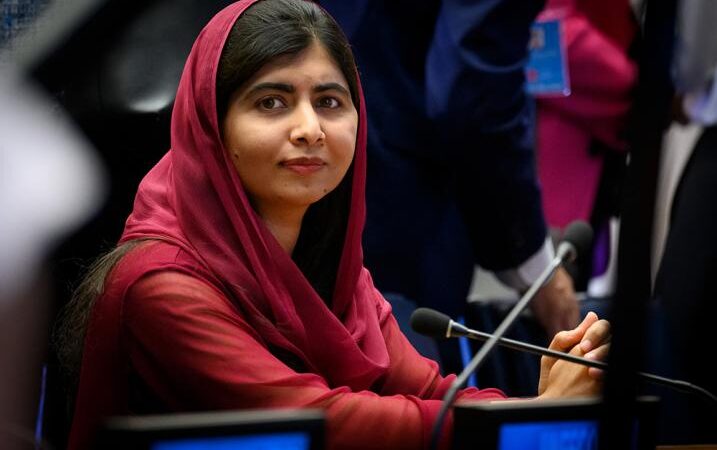Malala Yousafzai, a young Pakistani girl, defied the Taliban and demand that women be allow to receive an education. In 2012, a Taliban gunman shot Malala in the head.
However, luck favor this unfortunate girl two years later. In 2014, Malala became the youngest person ever to win the Nobel Peace Prize. Since then, she has gained worldwide recognition as one of the most influential women. Let’s explore some key facts about Malala Yousafzai. CoinQQ
Who Is Malala Yousafzai?
Malala Yousafzai, an education activist from Pakistan, won the Nobel Peace Prize at the age of 17 for fearlessly advocating girls’ education, despite facing threats and surviving assassination attempts.
She was born on July 12, 1997, in Mingora, Pakistan, a town located in the Swat Valley. During her early years, her family’s hometown was a popular tourist destination known for its summer festivals. However, the area began to change as the Taliban attempted to seize control. coinqqslot
Malala’s Early Life
Malala attended a school founded by her father, Ziauddin Yousafzai. As the Taliban started targeting girls’ schools in her hometown, Malala spoke out against their restrictions on education. In September 2008, at just 11 years old, she delivered a speech in Peshawar, Pakistan, with the title “How Dare the Taliban Take Away My Basic Right to Education.”
In early 2009, at the age of 11, Malala began writing a blog for the BBC about life under the Taliban’s threats that limited her access to education. She used the pseudonym Gul Makai but was eventually revealed as the BBC blogger in December of the same year.
With her growing public platform, Malala continued to speak out for her own rights and those of all girls to receive an education. Her activism led to her nomination for the International Children’s Peace Prize in 2011, and she received Pakistan’s National Youth Peace Prize the same year.
Shot by the Taliban
On October 9, 2012, when 15-year-old Malala on her way home from school, a masked gunman boarded her school bus and asked, “Who is Malala Yousafzai?” The man then shot her in the left side of her head, and the bullet traveled down her neck. Additionally, two other girls injure in the attack.
Malala’s condition critical, and she flown to a military hospital in Peshawar. Surgeons removed a portion of her skull to treat her swollen brain. Later, she transfer to Birmingham, England, for further treatment. While Malala required several surgeries for facial nerve damage, she did not suffer severe brain damage. In March 2013, Malala began attending school in Birmingham.
Speech at the United Nations
Nine months after the Taliban attack, Malala addressed the United Nations on her 16th birthday in 2013. She emphasized the importance of education, girls’ rights, and urged world leaders to change their policies. Malala stated, “The terrorists thought that they would change our aims and stop our ambitions, but nothing changed in my life except this: weakness, fear, and hopelessness died; strength, power, and courage born.”
Awards and Honors
In October 2013, the European Parliament awarded Malala the Sakharov Prize for Freedom of Thought in recognition of her work and courage. In October 2014, Malala became the youngest recipient of the Nobel Peace Prize at the age of 17, sharing the award with Indian children’s rights activist Kailash Satyarthi.
In April 2017, United Nations Secretary-General Antonio Guterres appointed Malala as a UN Messenger of Peace to promote girls’ education. She also grante honorary Canadian citizenship in April 2017, becoming the sixth and youngest person in history to receive this honor.
Malala Yousafzai’s story continues to inspire people worldwide as she champions the right to education and equality for all, particularly for girls in underserved regions.
